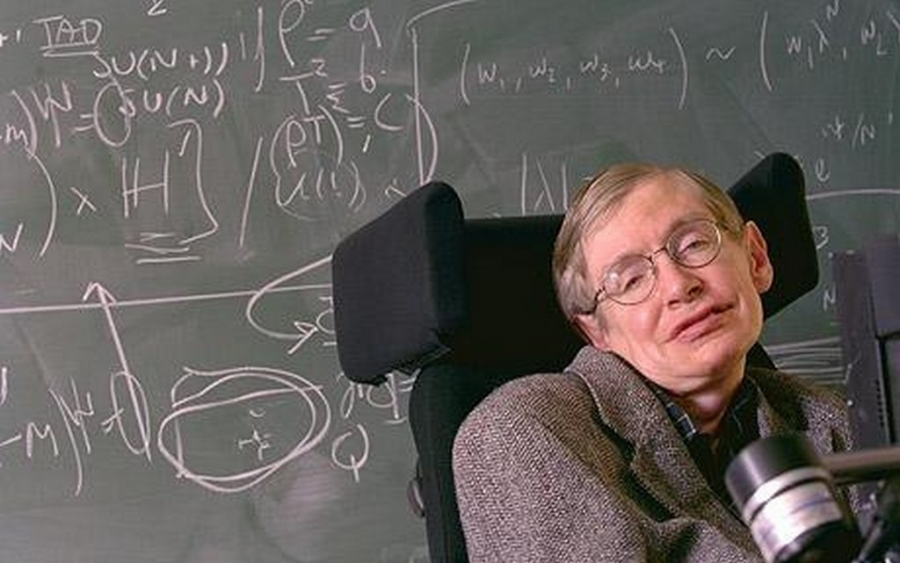A Great Mind Lost: Stephen Hawkings
March 20, 2018
Professor Stephen Williams Hawking was born on January 8th, 1942 in Oxford, England. 300 years after the death of Galileo.
Though is he is one of the modern worlds greatest scientists and minds. Many people are either only familiar with his name, or do have never heard of him. Professor Hawking worked on the basic laws which govern the universe. Our universe… like in space y’all. He showed, with Roger Penrose, that Einstein’s theory of relativity had the implication of space and time beginning with a Big Bang, and ending in black holes. From this, they unified general relativity with quantum theory. So, basically Hawking and Penrose brought together the two greatest scientific developments of the 20th century and blew the scientific community’s mind.
Professor Hawking has numerous, impressive degrees, thirteen to be exact, held highly esteemed positions of academia, and won several acclaimed awards. From 1979 to 2009, Professor Hawking held the position of Lucasian Professor of Mathematics. A chair that was founded in 1663, and was first held by Isaac Barrow and then in 1669 by Isaac Newton.
Shortly after his 21st birthday, Hawking was diagnosed with ALS, a form of Motor Neuron Disease. Despite becoming wheelchair bound and dependent on communication through a computerised voice system, Hawking went on to continue in his revolutionary scientific endeavors. He did all of this while being married and raising a family. Not only did Hawking defy what was once known or unknown about science, he defied the odds of how he lived.
Hawking’s final work has just recently being released to the public. Titled, A Smooth Exit from Eternal Inflation, the physicist’s piece speaks to the happenings of the end of our world. A prediction that, the universe would eventually end when everything goes dark because star run out of energy.
Professor Stephen Williams Hawking died on March 14th, 2018. The 139th anniversary of the birth of Albert Einstein.







